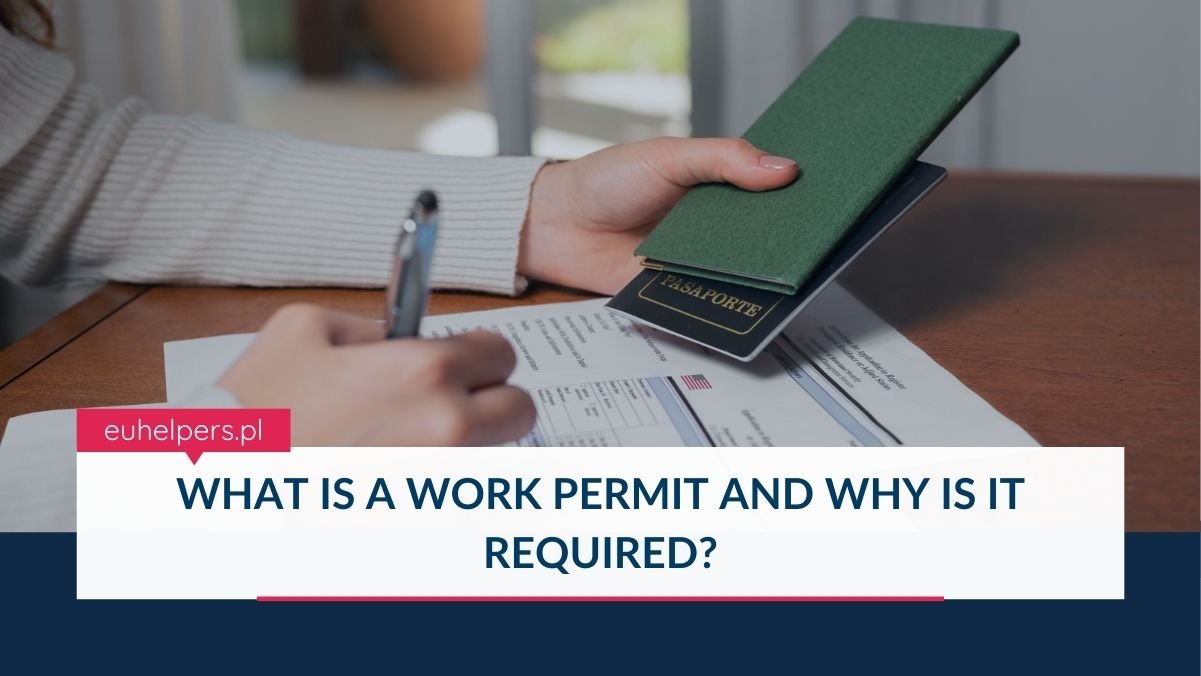
Understanding work permits is essential for anyone planning to work abroad. Whether you are applying for a job in Europe or preparing documents for a long-term contract, knowing why work permits exist and how they function will help you make confident decisions.
What Is a Work Permit?
A work permit is an official authorization issued by a country’s government that allows a foreign national to work legally within its territory. It confirms that an employer is permitted to hire a non-local worker and that the worker has met all legal and procedural requirements.
Work permits are usually issued based on a job offer, employer sponsorship, or a specific employment category such as skilled workers, seasonal workers, or trainees.
Why Is a Work Permit Required?
A work permit is required mainly for legal compliance, labour market protection, and worker safety. Governments use work permits to regulate foreign employment and ensure fair treatment for both local and foreign workers.
Below are the primary reasons why work permits are essential:
1. Legal Right to Work
Without a valid work permit, a foreign national cannot legally work in the country. Working without authorization can lead to serious consequences such as deportation, fines, and future visa rejections. A work permit confirms that your job is legally approved and recognized.
2. Protection of the Local Labour Market
Most countries ensure that job opportunities for local citizens are not negatively affected. Some work permits require labour market tests, proving that no qualified local workers were available for the role. This balances the demand for skilled and unskilled labour.
3. Verification of Employer Legitimacy
Work permits ensure that the employer offering the job is a registered, genuine company. This prevents exploitation, illegal recruitment, and fraudulent job offers. Many European countries require employers to submit contracts, company documents, and proof of need before a permit is issued.
4. Worker Rights and Benefits
Holding a legal work permit gives the worker access to employment rights such as:
-
Legal minimum wages
-
Standard working hours
-
Health insurance
-
Social security contributions
-
Paid leave benefits
A work permit acts as a protective layer and ensures that workers are treated fairly under national labour laws.
5. Pathway to Residence
In many European countries, the work permit is the first step towards applying for:
-
Temporary Residence Cards (TRC)
-
Long-term residence permits
-
Permanent residency
A valid work permit allows the worker to stay legally in the country while contributing economically.
6. Employer Compliance
Employers are legally responsible for hiring workers with the correct documentation. A work permit ensures the company is compliant with national labour and immigration regulations. Hiring workers without proper authorization can result in penalties, audits, and legal action.
Conclusion
A work permit is more than just a document. It is a legal foundation that protects workers, supports employers, and maintains fair labour systems across Europe. Whether you are applying for a job in Poland, Germany, Slovakia, the Netherlands, or any other European country, having a valid work permit ensures that your employment is safe, legal, and secure.
If you plan to work in Europe, always verify your job offer, understand your permit type, and submit accurate documents to avoid complications during visa or residence applications.
